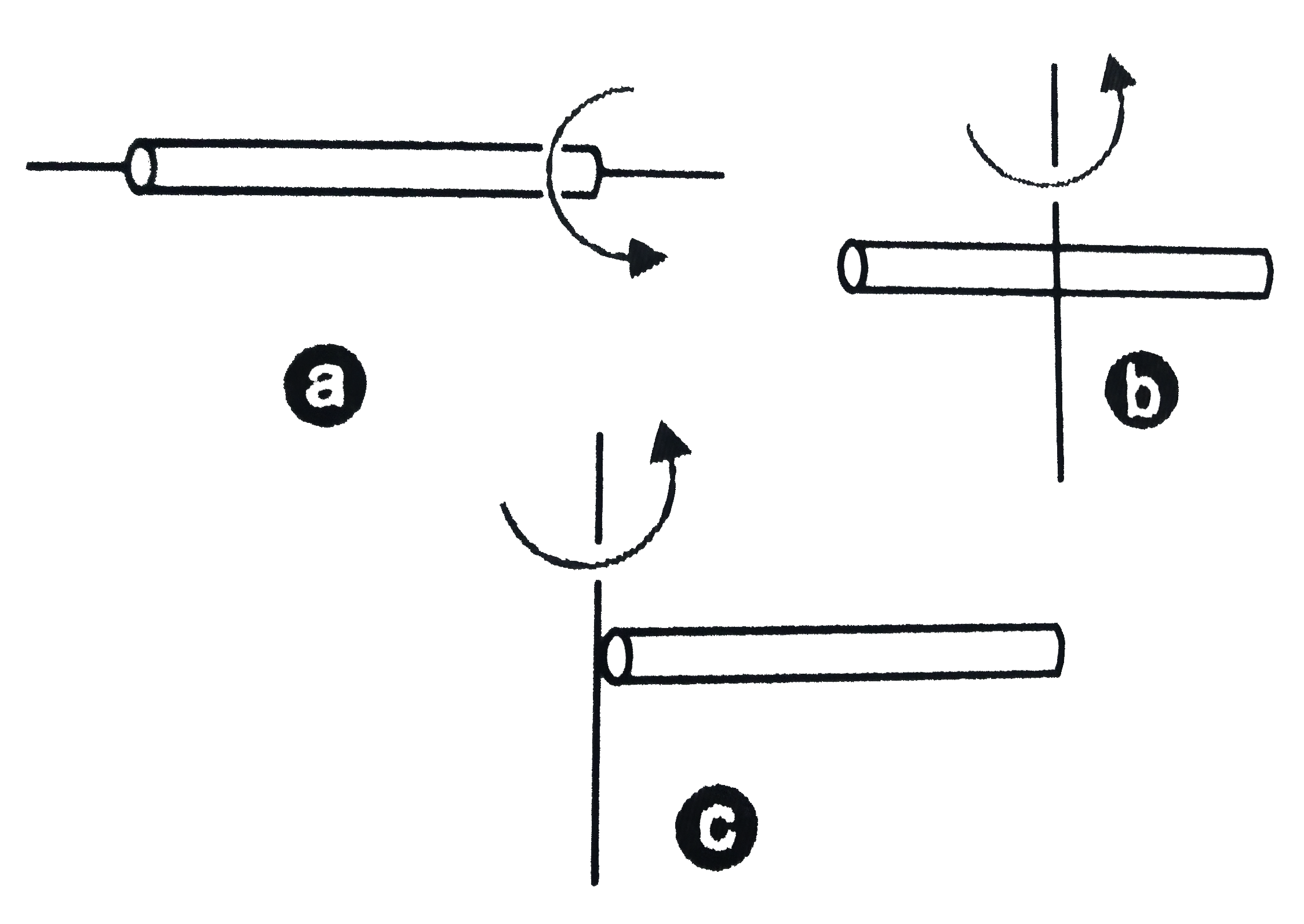The compound that is most difficult protonate is




The correct Answer is:A
To determine which compound is most difficult to protonate, we need to analyze the electron density and availability of lone pairs on the oxygen atom in each of the given compounds. Here’s a step-by-step solution:
Step 1: Identify the Compounds
List the compounds provided in the options. For this example, let's assume the options are:
1. Phenol
2. Alcohol (e.g., ethanol)
3. Ether (e.g., diethyl ether)
4. Water
Step 2: Analyze the Structure of Each Compound
- Phenol: Contains a hydroxyl group (-OH) attached to a benzene ring. The lone pairs on the oxygen can participate in resonance with the aromatic ring.
- Alcohol (Ethanol): Contains a hydroxyl group (-OH) attached to an alkyl group. The lone pairs on the oxygen are available for protonation.
- Ether (Diethyl Ether): Contains an oxygen atom bonded to two alkyl groups. The lone pairs are available for protonation.
- Water: Contains a hydroxyl group (-OH) with lone pairs available for protonation.
Step 3: Evaluate the Availability of Lone Pairs
- In phenol, the lone pairs on the oxygen are involved in resonance with the benzene ring, reducing their availability for protonation.
- In ethanol, diethyl ether, and water, the lone pairs on the oxygen are not involved in resonance and are more available for protonation.
Step 4: Determine the Compound Most Difficult to Protonate
Since the lone pairs on the oxygen in phenol are involved in resonance, they are less available for protonation compared to the other compounds. Therefore, phenol is the compound that is most difficult to protonate.
Conclusion
The compound that is most difficult to protonate is Phenol.
---
List the compounds provided in the options. For this example, let's assume the options are:
1. Phenol
2. Alcohol (e.g., ethanol)
3. Ether (e.g., diethyl ether)
4. Water
- Phenol: Contains a hydroxyl group (-OH) attached to a benzene ring. The lone pairs on the oxygen can participate in resonance with the aromatic ring.
- Alcohol (Ethanol): Contains a hydroxyl group (-OH) attached to an alkyl group. The lone pairs on the oxygen are available for protonation.
- Ether (Diethyl Ether): Contains an oxygen atom bonded to two alkyl groups. The lone pairs are available for protonation.
- Water: Contains a hydroxyl group (-OH) with lone pairs available for protonation.
- In phenol, the lone pairs on the oxygen are involved in resonance with the benzene ring, reducing their availability for protonation.
- In ethanol, diethyl ether, and water, the lone pairs on the oxygen are not involved in resonance and are more available for protonation.
Since the lone pairs on the oxygen in phenol are involved in resonance, they are less available for protonation compared to the other compounds. Therefore, phenol is the compound that is most difficult to protonate.
The compound that is most difficult to protonate is Phenol.
Topper's Solved these Questions
- NEETBOOK - NEET PREVIOUS YEAR (YEARWISE + CHAPTERWISE)CHAPTER - NEETEXERCISE - QUESTION
92 Videos
- NEETBOOK - NEET PREVIOUS YEAR (YEARWISE + CHAPTERWISE)CHAPTER - NEETEXERCISE - MCQ
94 Videos
- NEETBOOK - NEET PREVIOUS YEAR (YEARWISE + CHAPTERWISE)CHAPTER - NEETEXERCISE - MCQ
94 Videos
- METALLURGICAL OPERATIONS BOOK - NEET PREVIOUS YEAR (YEARWISE + CHAPTERWISE)CHAPTER - METALLURGICAL OPERATIONS EXERCISE - MCQ
21 Videos
- NEET 2018BOOK - NEET PREVIOUS YEAR (YEARWISE + CHAPTERWISE)CHAPTER - NEET 2018EXERCISE - QUESTION
45 Videos
Similar Questions
Knowledge Check
The compound that is most difficult to protonate is
A B
B C
C D
D
The compound that is most difficult to protonate is
A B
B C
C D
D
The compound that is most difficult to protonate is
A B
B C
C D
D
Which is most difficult to oxidise ?
View SolutionWhich is most difficult to oxidise-
View SolutionAmong the following, the compound having the most acidic proton is:
View SolutionWhich is most difficult to oxidise-
View SolutionAssertion. In case of polyprotic acids, first ionization constant in lowest.
Reason. The removal of first proton is most difficult. Further ionization becomes easier.
View Solution

